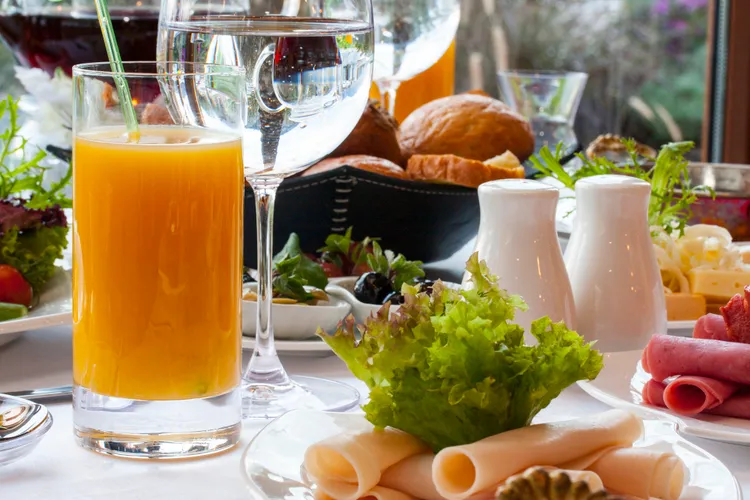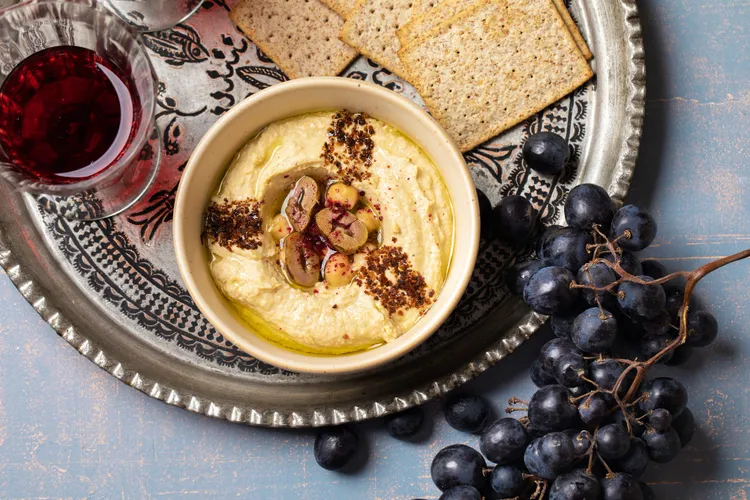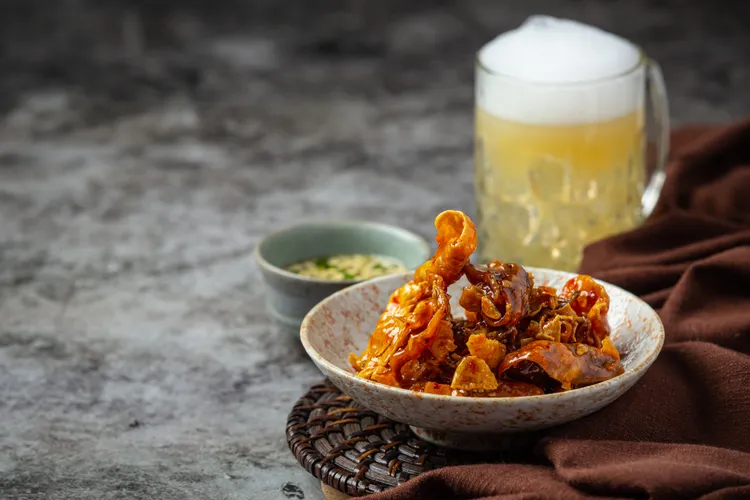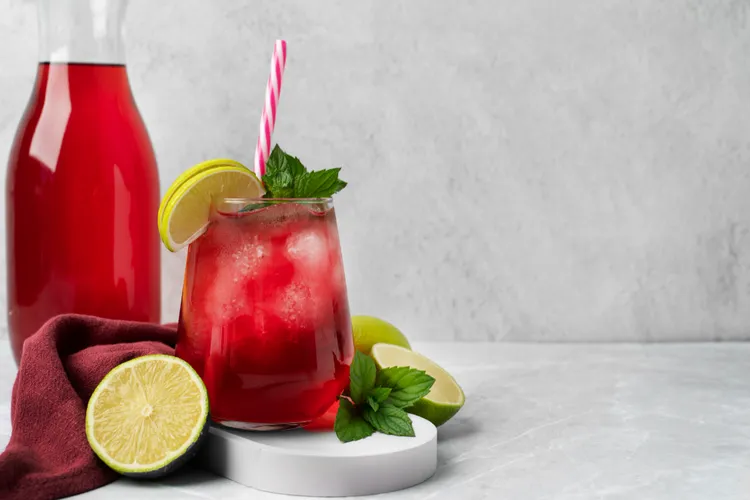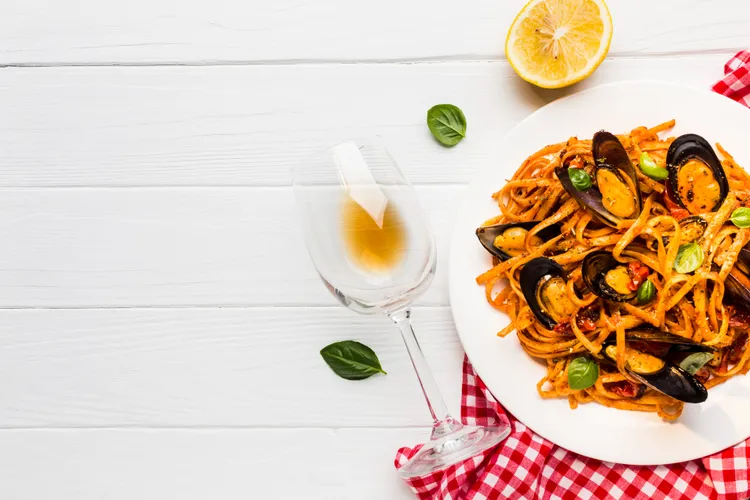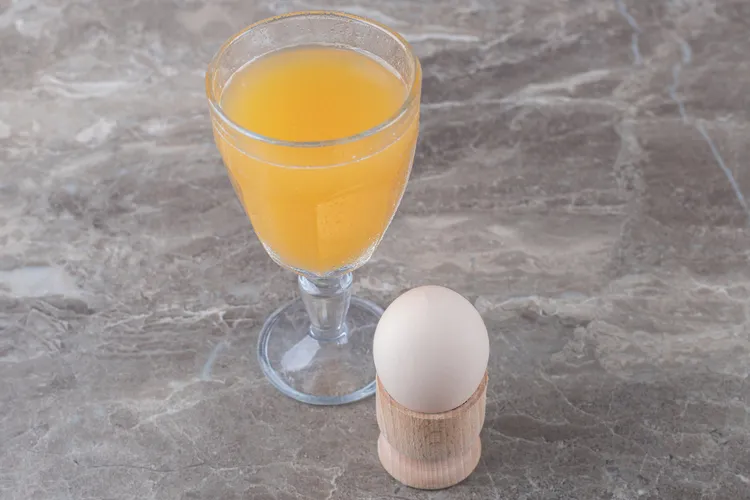Soothe the Fire Within: The Best Teas to Naturally Lower Inflammation
Inflammation is your body’s natural response to injury or infection - but when it becomes chronic, it can contribute to serious health problems like arthritis, heart disease, diabetes, autoimmune disorders, and even depression. While medication has its place, what you eat and drink every day can have a powerful anti-inflammatory effect - and tea is one of the simplest, most enjoyable ways to help. In this guide, we’ll explore the best teas for reducing inflammation, the science behind how they work, and tips to make the most of their healing potential.
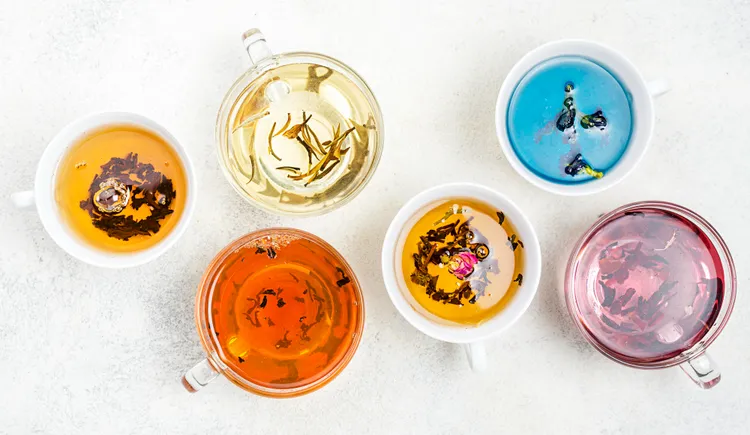
What Is Inflammation, Really?
Acute vs. Chronic Inflammation
-
Acute inflammation is your body’s short-term response to harm - like a sprained ankle or a sore throat.
-
Chronic inflammation happens when your body stays in “defense mode” over time, even without a clear threat. It’s linked to fatigue, joint pain, digestive issues, skin problems, and long-term disease.
Signs You May Have Chronic Inflammation:
-
Ongoing fatigue
-
Digestive distress
-
Brain fog
-
Joint or muscle aches
-
Frequent colds/infections
Luckily, many herbal and traditional teas are rich in antioxidants and anti-inflammatory compounds that can naturally help bring your body back into balance.
1. Turmeric Tea: The Golden Elixir of Anti-Inflammation
Why It Works:
Turmeric contains curcumin, a powerful compound that fights inflammation at the molecular level. It inhibits pro-inflammatory pathways in the body and may help with arthritis, IBS, and metabolic syndrome.
Bonus Benefits:
-
Boosts brain function
-
Aids in joint pain relief
-
Supports liver detox
Pro Tip:
Add black pepper (piperine) to enhance curcumin absorption by up to 2000%.
Try It:
-
Boil water with sliced turmeric root or use powdered turmeric
-
Add a pinch of black pepper and ginger
-
Sweeten with raw honey and finish with a splash of coconut milk for richness
2. Ginger Tea: Spicy Relief for Pain and Bloat
Why It Works:
Ginger contains gingerols and shogaols, compounds that reduce inflammation by blocking COX-2 enzymes (similar to some anti-inflammatory drugs). It’s also great for gut health, making it a go-to for those with IBS or bloating.
Bonus Benefits:
-
Eases nausea
-
Improves circulation
-
Supports immunity
How to Brew:
-
Slice fresh ginger root and steep in hot water for 10-15 minutes
-
Add lemon juice and raw honey for extra immune support
3. Green Tea: Antioxidant Powerhouse
Why It Works:
Green tea is loaded with catechins, especially EGCG (Epigallocatechin gallate), which fights inflammation and oxidative stress. It’s linked to reduced markers of inflammation, better heart health, and improved cognitive function.
Bonus Benefits:
-
Boosts metabolism
-
Supports fat burning
-
Enhances brain focus and mood
Best Type:
-
Choose matcha for maximum antioxidants (you consume the whole leaf!)
-
Drink 2–4 cups per day for noticeable benefits
4. Chamomile Tea: Calming Inflammation and the Nervous System
Why It Works:
Chamomile is rich in flavonoids like apigenin, which exhibit anti-inflammatory, antioxidant, and relaxing effects. It’s especially good for digestive inflammation and stress-related flares (like skin issues and migraines).
Bonus Benefits:
-
Aids sleep
-
Calms anxiety
-
Supports skin health
Best Time to Drink:
Before bed or after a meal
5. Rooibos Tea: South African Anti-Inflammatory Marvel
Why It Works:
Rooibos (pronounced ROY-boss) is a caffeine-free herbal tea loaded with aspalathin and nothofagin, potent antioxidants that reduce inflammation and help lower blood pressure.
Bonus Benefits:
-
Gentle on the stomach
-
May reduce cortisol levels (stress hormone)
-
Helps with allergies
Brew Tip:
Pairs well with vanilla, cinnamon, or citrus for a rich, earthy flavor.
6. Hibiscus Tea: Tart, Tangy, and Inflammation-Taming
Why It Works:
Hibiscus contains anthocyanins, the same pigments that give berries their color. These compounds are known to lower CRP (C-reactive protein) - a major marker of inflammation.
Bonus Benefits:
-
Lowers blood pressure
-
Supports liver health
-
Packed with Vitamin C
How to Enjoy:
Serve it hot or iced, sweetened lightly with honey or stevia. Add mint or cinnamon for a flavor boost.
7. Pine Needle Tea: Ancient Anti-Inflammatory Tonic
Why It Works:
Pine needles are high in vitamin C, flavonoids, and terpenes, which reduce inflammation and oxidative stress. Indigenous cultures have used this tea for centuries to combat respiratory issues and fatigue.
Important:
Only use edible pine species (like Eastern white pine). Avoid Yew or Ponderosa pine - they’re toxic.
8. Peppermint Tea: Cool, Soothing Inflammation Fighter
Why It Works:
Peppermint contains menthol, which relaxes muscles and helps reduce inflammation in the digestive tract. It’s also helpful for headaches and sinus inflammation.
Bonus Benefits:
-
Eases bloating and gas
-
Calms cramps
-
Refreshes the senses
Note:
Not recommended for people with acid reflux (can relax the lower esophageal sphincter too much).
9. Holy Basil (Tulsi) Tea: The Adaptogenic Anti-Inflammatory
Why It Works:
Tulsi is an adaptogen, meaning it helps the body adapt to stress - one of the biggest triggers of chronic inflammation. It contains eugenol, ursolic acid, and rosmarinic acid, all of which help regulate the immune response.
Bonus Benefits:
-
Balances blood sugar
-
Supports adrenal health
-
Fights bacterial and viral infections
10. Reishi or Chaga Mushroom Tea: Immune-Calming Fungi
Why They Work:
Medicinal mushrooms like Reishi and Chaga modulate immune function, reduce cytokine activity, and deliver beta-glucans - compounds that soothe chronic inflammation.
Bonus Benefits:
-
Strengthen immunity
-
Support gut health
-
Help with fatigue and brain fog
Note:
These teas are earthy and intense - best with spices like cinnamon or a bit of raw honey.
Tips for Maximizing Tea’s Anti-Inflammatory Effects
-
Go organic when possible - to avoid pesticides that may trigger inflammation.
-
Avoid added sugar - sweeten with stevia, monk fruit, or raw honey (in moderation).
-
Drink consistently - 2 to 4 cups daily yields the best results.
-
Rotate your teas - for variety and a broader range of phytochemicals.
-
Pair with anti-inflammatory foods - like berries, leafy greens, nuts, and olive oil.
Sample Anti-Inflammatory Tea Schedule
| Time | Tea | Why |
|---|---|---|
| Morning | Green Tea or Matcha | Antioxidant boost, mental clarity |
| Midday | Ginger or Turmeric Tea | Reduces joint pain, supports digestion |
| Afternoon | Hibiscus or Peppermint | Calms nerves, aids hydration |
| Evening | Chamomile or Holy Basil | Relaxation, sleep support |
Sip to Heal
Tea isn’t a magic cure - but when consumed daily, it becomes part of a powerful lifestyle strategy to manage inflammation naturally. Combined with anti-inflammatory foods, regular movement, quality sleep, and stress reduction, these teas can help you feel more vibrant, energized, and resilient from the inside out.



